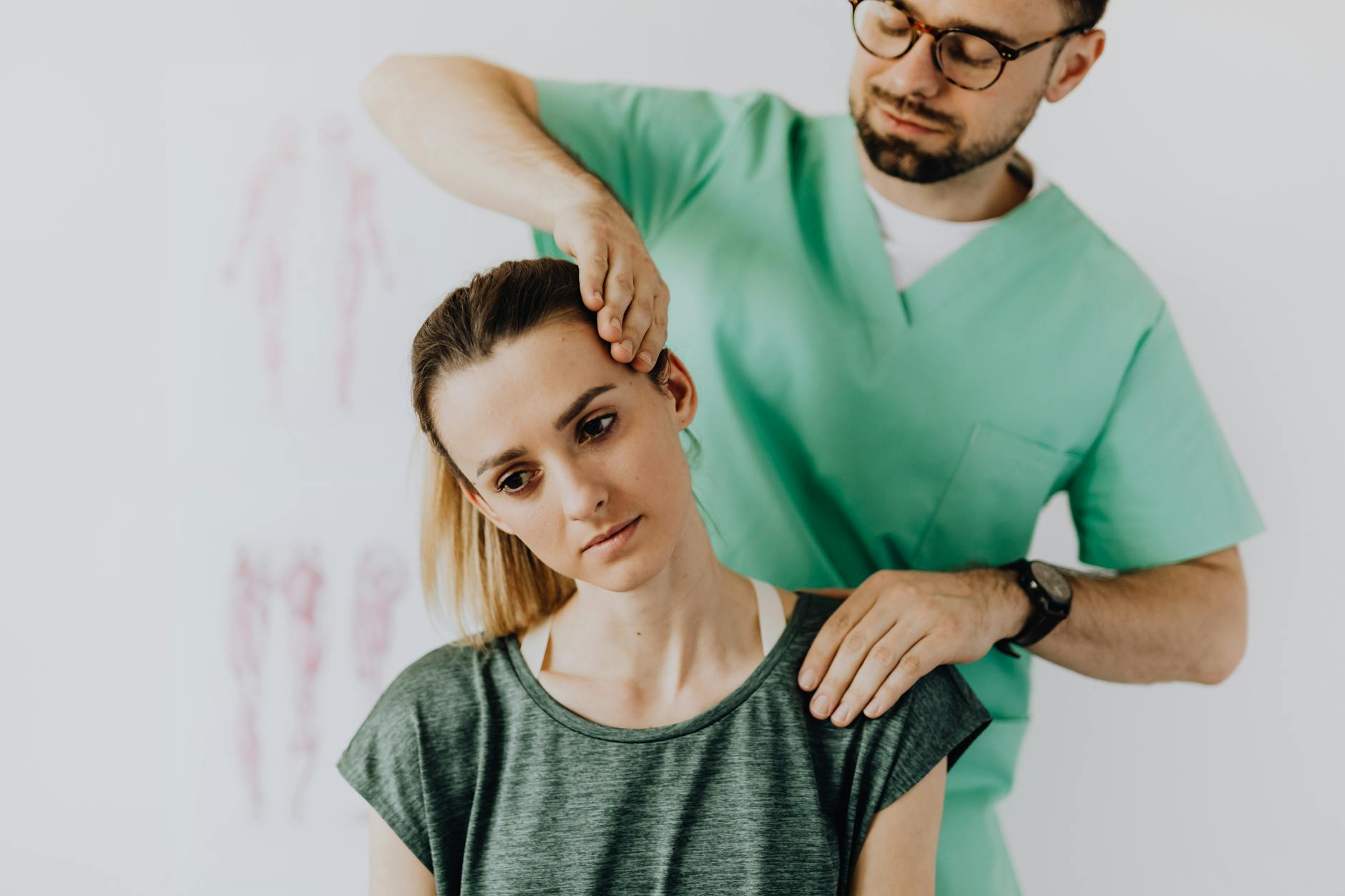A headache can ruin a day, making it impossible to focus on anything or work effectively. Sometimes, headaches can cause only dull aches or throbbing pains, but finding relief can be critical to regaining control over the rest of your day. This guide provides helpful remedies, natural relief options, and practical tips for quickly stopping a headache and preventing future episodes.
Understanding Headaches
To manage headaches effectively, it's essential to identify their type and underlying cause. Not all headaches are the same, so taking the right approach matters.
Types of Headaches
Headaches are often categorized based on their cause and symptoms. The most common types include:
- Tension Headaches: It feels like a band is tightening around your head. Stress or poor posture is the common cause.
- Migraines: Severe headaches are often accompanied by nausea, sensitivity to light, and throbbing pain on one side.
- Cluster Headaches: Intense pain is localized around one eye and recurs over weeks or months.
Common Causes
- Stress: Emotional and physical stress triggers tension headaches.
- Dehydration: Headaches may be provoked due to insufficient water intake.
- Poor Posture: Slouching causes a strain on the neck and head muscles leading to discomfort.
- Eye Strain: A headache can be caused by long periods of sitting in front of screens or uncorrected vision problems.
Effective Over-the-Counter Remedies
Some quick remedies that are safe and effective when used properly can be over-the-counter (OTC) medications to get relief. Over-the-Counter Pain RelieversP ain relievers most commonly include:
 |
- Ibuprofen or Advil reduces the inflammation and pain
- Acetaminophen, also known as Tylenol for mild to moderate headaches
- Aspirin is for tension and light migraines. Avoid it for regular use
They work best if administered immediately when the pain begins. Never take over the prescription dosage to avoid side effects.
Caffeine and Headaches
Caffeine can act as a double-edged sword. In small amounts, it narrows blood vessels, potentially stopping a headache. However, excessive use can lead to withdrawal headaches or worsen an existing problem. A cup of tea or coffee may work, but avoid depending on it too much.
Natural Headache Relief Options
Many people prefer natural remedies for treating headache symptoms. These options are easily accessible and can complement OTC treatments or work alone.
Hydration and Nutrition
Dehydration is another common headache trigger. Start with a glass of water, and drink hydrating foods like cucumbers or watermelon. A well-balanced meal that is high in magnesium- nuts and spinach would work wonders for headache prevention and relief.
Hot and Cold Compresses
- Cold Compresses: For migraine, a cold pack to be placed on the forehead numbs the pain while bringing down inflammation.
- Hot Compresses: Tension headache. A heating pad surrounding the neck loosens up tight muscles that cause such pains.
A chiropractor performs therapeutic neck adjustment on a patient for pain relief
 |
| Photo by Kaboompics.com |
Herbal remedies
Some herbs help alleviate headaches
- Peppermint Oil: Place some diluted oil on your temples. This will provide a cool sensation, relaxing your muscles.
- Ginger Tea: Drinking ginger tea can reduce inflammation and nausea during a migraine
- They are natural. Make sure to test them first without reactions or interactions with other medications.
Lifestyle Changes- Prevention
Treatment of a headache is necessary, but prevention prevents chronic discomfort in the long run. Small lifestyle adjustments can greatly help.
Stress Management Techniques
Stress often triggers headaches, so practicing relaxation methods is beneficial:
- Yoga: Stretches improve circulation and ease muscle tension.
- Meditation and Deep Breathing: Focus on controlled breathing to calm your nervous system.
Improving Sleep Hygiene
Sleep quality heavily impacts headache frequency. Ensure:
- A consistent sleep schedule.
- A dark, cool environment with minimal distractions.
- Avoiding screens one hour before bed.
Regular Exercise
Staying physically active maintains blood flow and reduces tension causing headaches. Activities like swimming, walking, or biking improve overall wellbeing and decrease headache occurrences. Start slow and gradually build up intensity.
When to Seek Medical Attention for Headaches
 |
Not all headaches are harmless. Seek medical advice if your headaches:
- Are sudden and severe.
- Persist despite treatment.
- Are accompanied by fever, confusion, or visual changes.
- Happen more frequently or worsen over time.
These may indicate underlying issues needing professional intervention.
Conclusion
Headache remedies vary from OTC medications to natural solutions like hydration, nutrition, and herbal care. Pairing these with lifestyle changes ensures quick relief and long-term prevention. While simple tweaks often do the trick, don’t hesitate to consult a doctor if symptoms persist. Remember, understanding your headache type and trigger is key to effective management.





.jpeg)



No comments:
Post a Comment